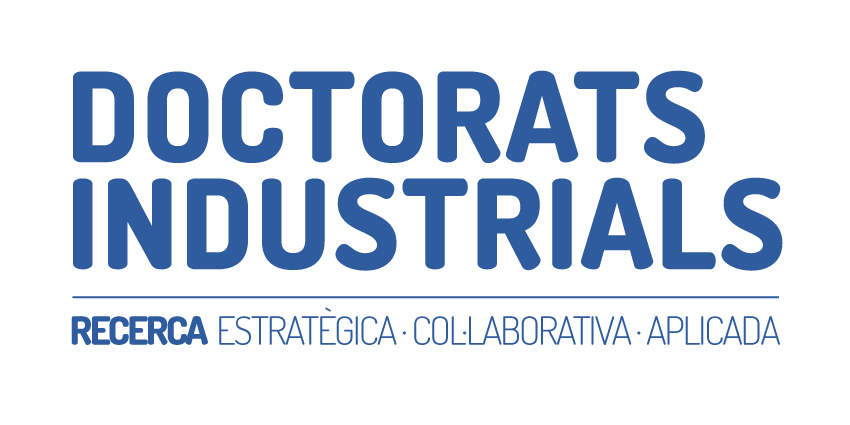Descripció del projecte
Several antiangiogenic drugs are clinically used in different types of cancer to block angiogenesis, impair tumor growth and disease progression. Unfortunately, as in most systemic therapies, after a period of transient clinical benefit, the majority of the patients develop resistance to these treatments and tumors progress.
Our group has been pioneer in describing the mechanisms of resistance to antiangiogenic therapies. Using PDX models of metastatic Renal Cell Carcinoma we investigated tumor response to antiangiogenic treatments.
Our recent unpublished data has revealed a new vessel-independent mechanism of tumor resistance based on metabolic adaptation of cancer cells. This new mechanism, that we call “cannibalism”, is used by tumor cells as a survival response to obtain energy, and it’s regulated by overexpression of Resistance Factor -1 (RF-1).
Nevertheless, there are still many unanswered questions on this new mechanism, including how it is regulated, and more importantly how to target it to develop a new therapeutic opportunity for antiangiogenic resistant patients.
Together with the PhD candidate we aim to elucidate the therapeutic benefit of blocking this cannibalism mechanism by inhibiting RF-1 in resistant tumors. To this end, we will first dissect the cellular mechanism of action of RF-1 and later we will determine how to best inhibit RF-1 and we will end by testing the anti-tumor efficacy of RF-1 inhibition as a new therapy for antiangiogenic resistant cancer patients. We will carry out these studies taking advantage of in-house preclinical models of cancer and in vitro cell line surrogate assays. Moreover, we have created a collaborative network with experts in essential areas where we have less experience.
This PhD is fundamental to overcome the limitations of current anti-cancer standard therapies and represents an exploitation of a newly discovered resistance mechanism to turn it into a future therapy for antiangiogenic resistant cancer patients.
To this end, we will aim at answering three key questions:
– WHAT function does RF-1 exert in resistant cancer cells?
– HOW can we efficiently treat resistant tumors that depend on RF-1 activity?
– WHO would benefit of such therapeutic strategy?
Therefore, our main objective is in the near future is offer a clinically useful, safer and effective product for patients.



